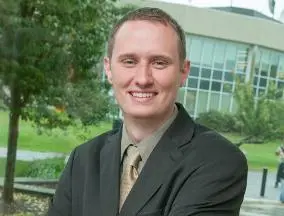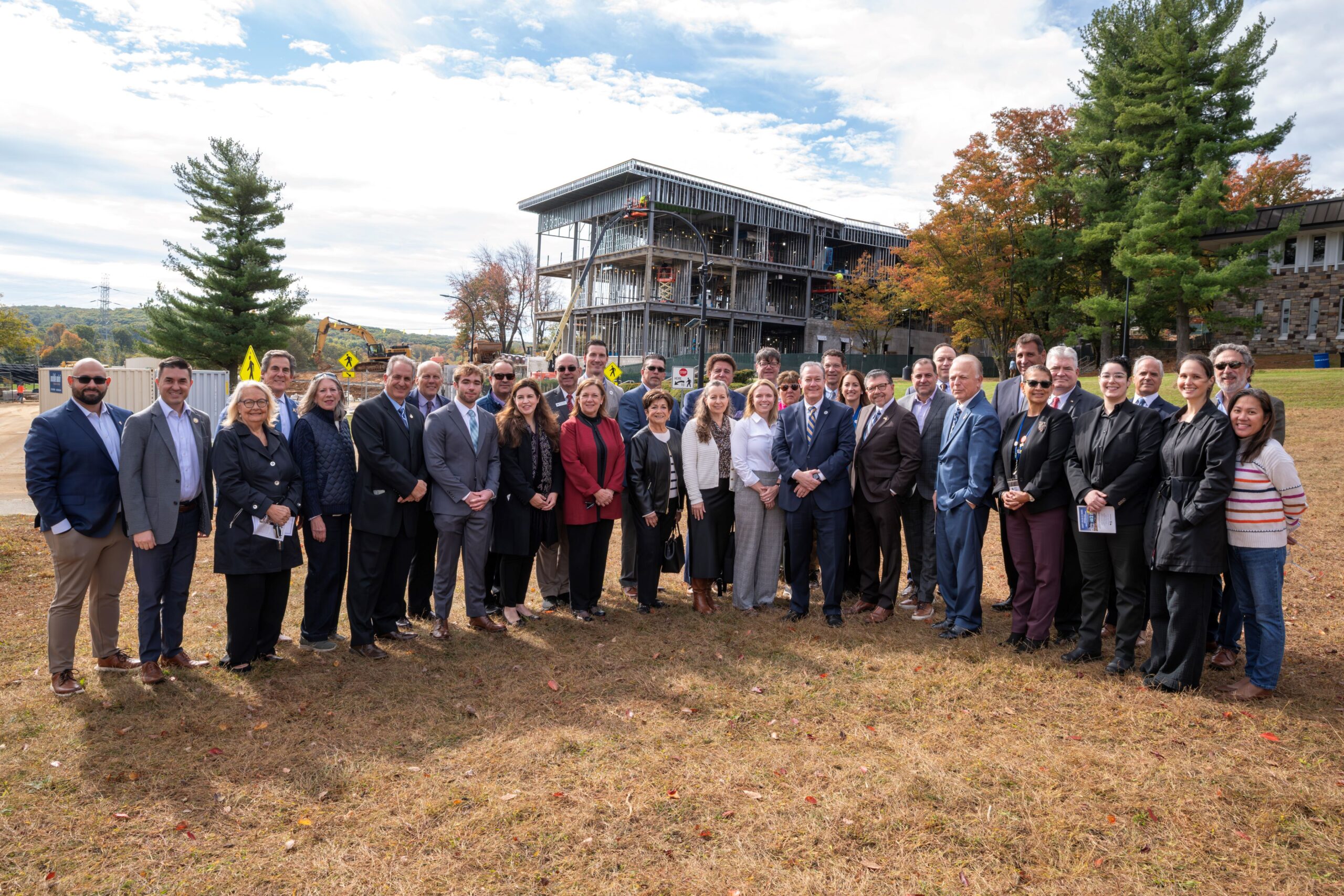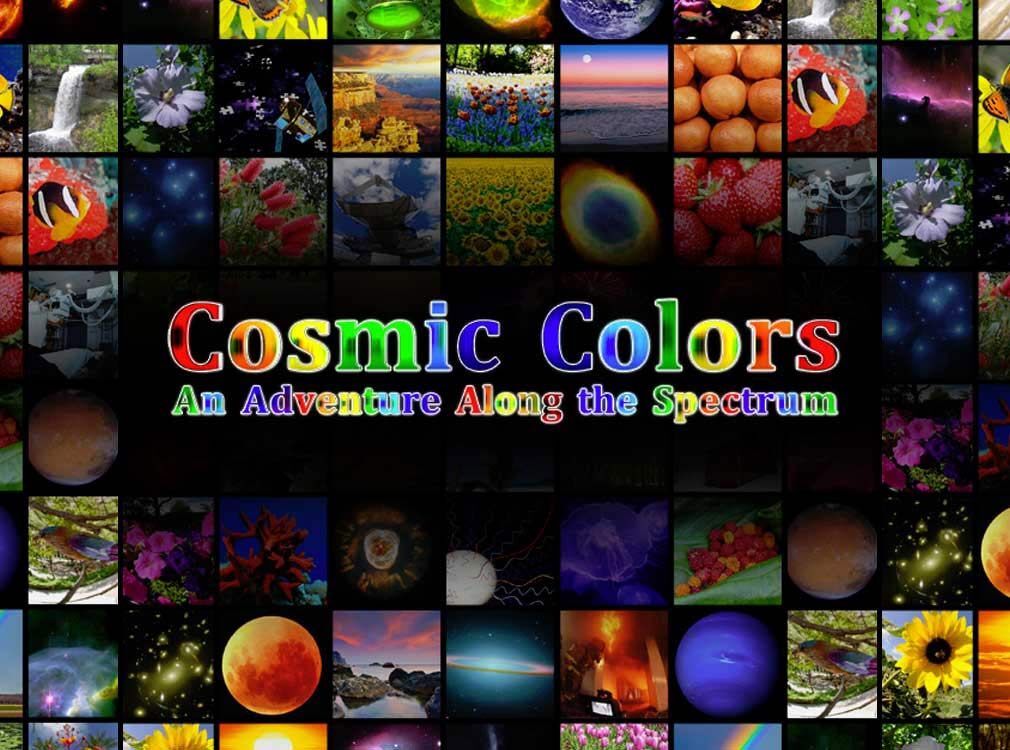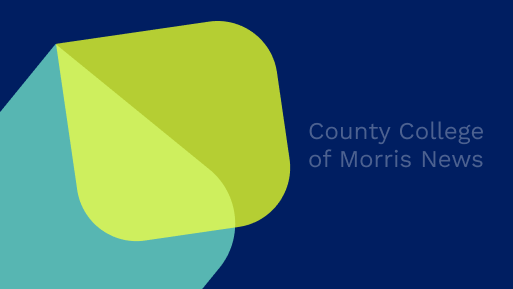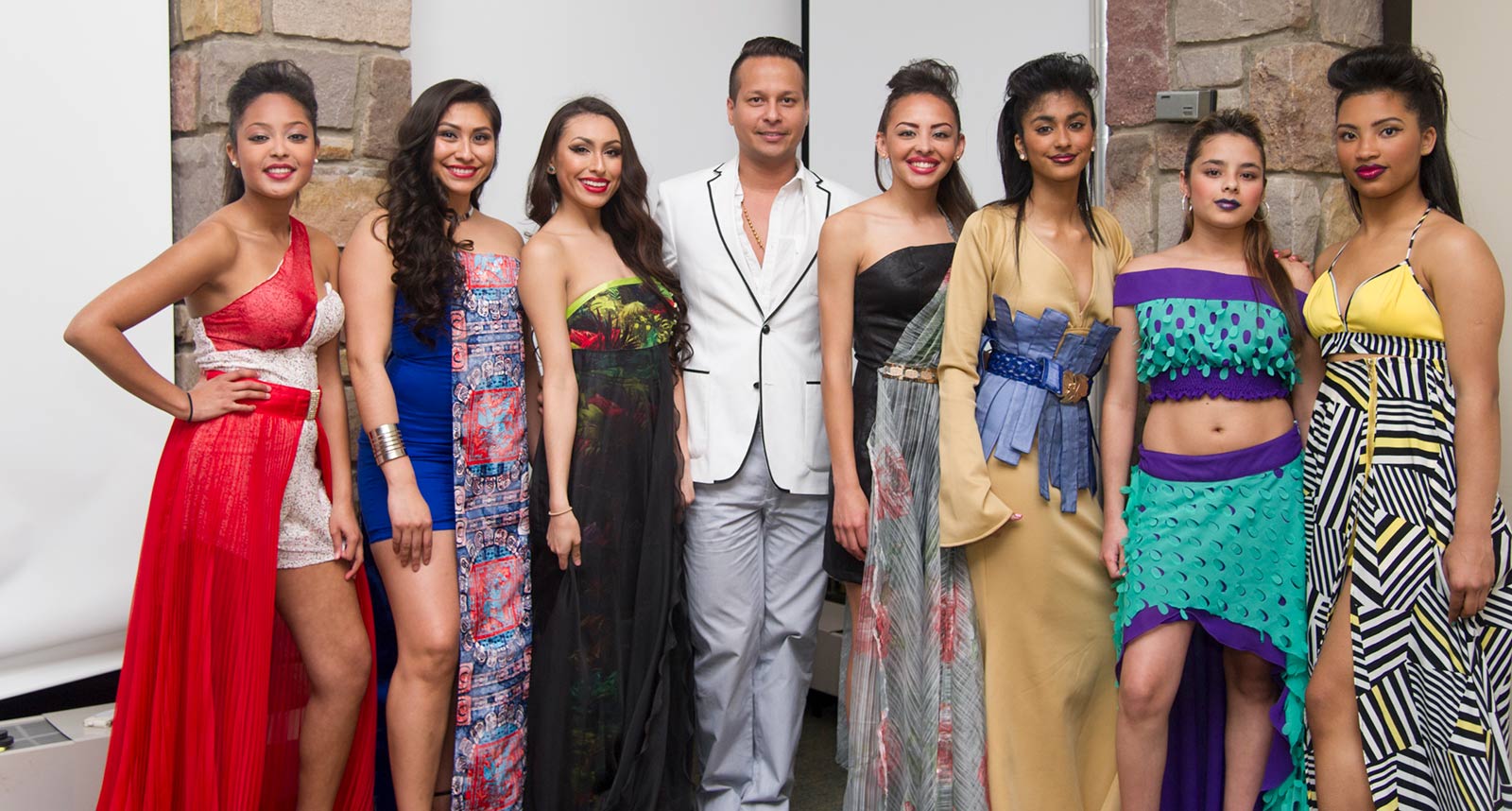What You Will Learn
Want to break news, tell stories that matter, or create content that inspires? CCM’s Journalism program puts you on the fast track. From crime and politics to sports and entertainment, you’ll learn to cover it all—while building skills that open doors to advertising, PR, broadcasting, publishing, and social media.
Sharpen your writing. Master digital storytelling. Get hands-on with the same tools the pros use. You’ll graduate ready to thrive in today’s fast-paced media world.
With training in TV production, digital content, and postproduction, CCM gives you everything you need to launch your career—whether you see yourself as a journalist, filmmaker, or content creator.
Curriculum
The Journalism program features a 15-credit core in Communication for you to become proficient in editing, journalism, mass media and publication design.
Careers in the Field
An A.A. in Journalism degree is a perfect starting point for a creative career.
Associate Degree:
- Content Manager
- Grant Writer
- Public Relations Specialist
- Social Media Planner
Bachelor’s Degree:
- Corporate Communication Specialist
- Editor
- Fact Checker
- Journalist
- Reporter
- Technical Writer
Why Study Journalism at CCM?
Learn and work in a state-of-the-art, multi-purpose journalism classroom with access to the full Adobe suite. Professor John Soltes teaches all core courses and is a graduate of the prestigious Columbia University Graduate School of Journalism. He is also the author of a wide variety of publications, including work published in the New York Times and The Guardian.
In addition, CCM publishes The Youngtown Edition, which began printing in 1968 and is one of the oldest community college newspapers in the nation and has recently earned numerous awards. Scholarship opportunities are available for those who work on the campus newspaper.
This program may be completed 100% remotely through CCM’s Virtual Campus.
Where You Can Go!
Graduates with an A.A. in Journalism from CCM benefit from New Jersey’s Statewide Transfer Agreement. This means that the general education requirements will be waived at New Jersey public colleges and universities, allowing students to transfer in with junior standing. In addition, many out-of-state institutions also accept CCM credits.
CCM Journalism students frequently transfer to the following colleges and universities.
In State:
Fairleigh Dickinson University
Kean University
Montclair University
Ramapo College
Rowan University
Rutgers University – New Brunswick
Saint Elizabeth University
William Paterson University
Out of State:
Framingham State University, MA
University of Maryland, MD
West Virginia University, WV
Visit our Transfer Services page for more information.
Credit, non-credit internship experiences and job search support are facilitated through our Office of Career and Transfer Services, where you can also learn how to build a resume, and receive the tools to help you with interviewing skills to succeed! Visit our Career Services page for additional information.
Paying for Your Journalism Education
Earning an associate degree is a powerful investment that will pay off over the course of your life, in both increased earnings and job satisfaction. But what is the upfront cost, and how do you afford it?
There’s good news: Money is available to help you pay for school! Our Financial Aid staff can provide lots of information about the process of finding funds to help pay for your education.
Scholarship opportunities are also available for those who work on The Youngtown Edition, the award-winning, student-run campus newspaper at CCM.
Featured Courses
Introduction to Mass Media
Introduction to Mass Media is a survey course focusing on the history and consequences of mass media for the individual, society and culture. Specific areas of emphasis include the historical development of media forms, theories concerning the effects of media, and the evolving future of media. Special attention will also be paid to current events in the media and their social consequences.
Introduction to Journalism
Instruction and practice in reporting and writing news stories across multimedia platforms. Topics include new media, writing, reporting, interviewing, researching, news judgment, Associated Press style, media ethics and media law. The culmination of the course is an e-portfolio that utilizes a basic content management system and combines written articles with original photography. A one-time commitment of three hours of newspaper production is required.
Editing and Publication Design
Instruction and practice in copy editing, layout, design, headline writing, photo editing, news evaluation, media ethics and media law. Students utilize computers, Adobe Photoshop and Adobe InDesign to complete assignments, and they help produce the student newspaper.
Resources
